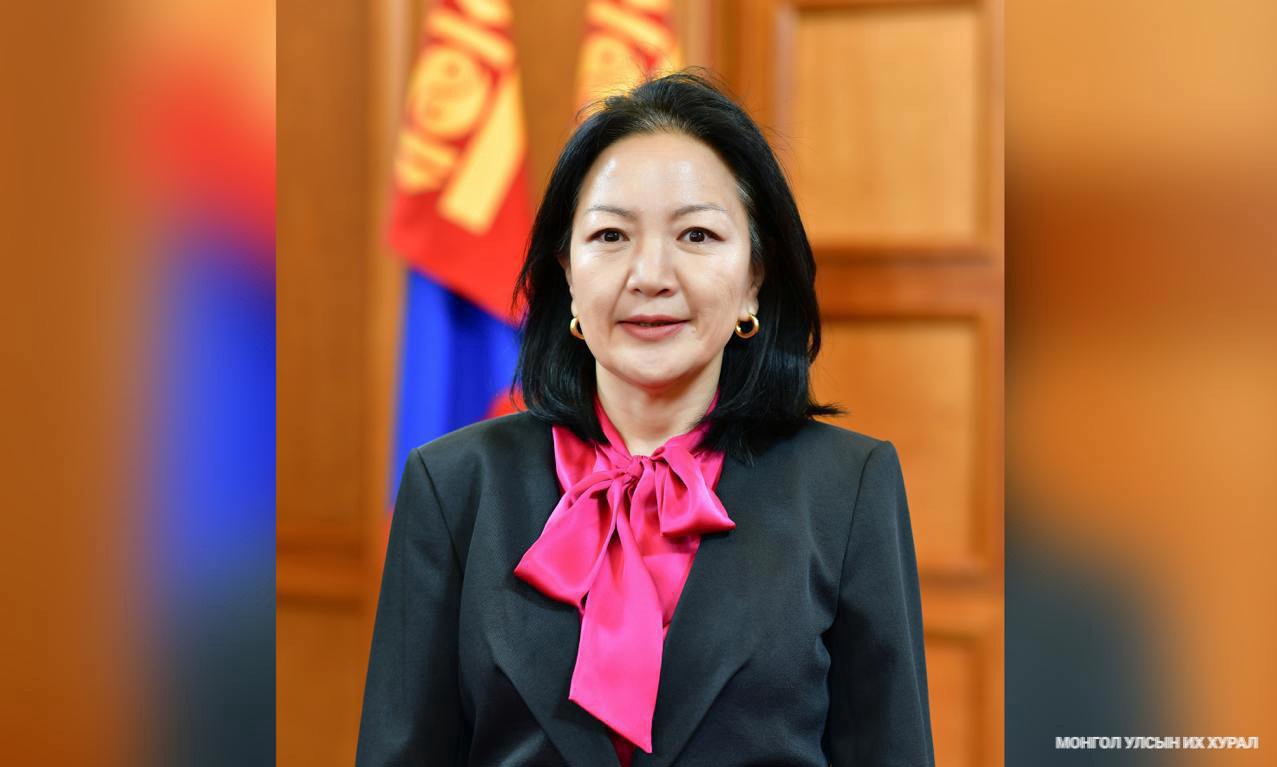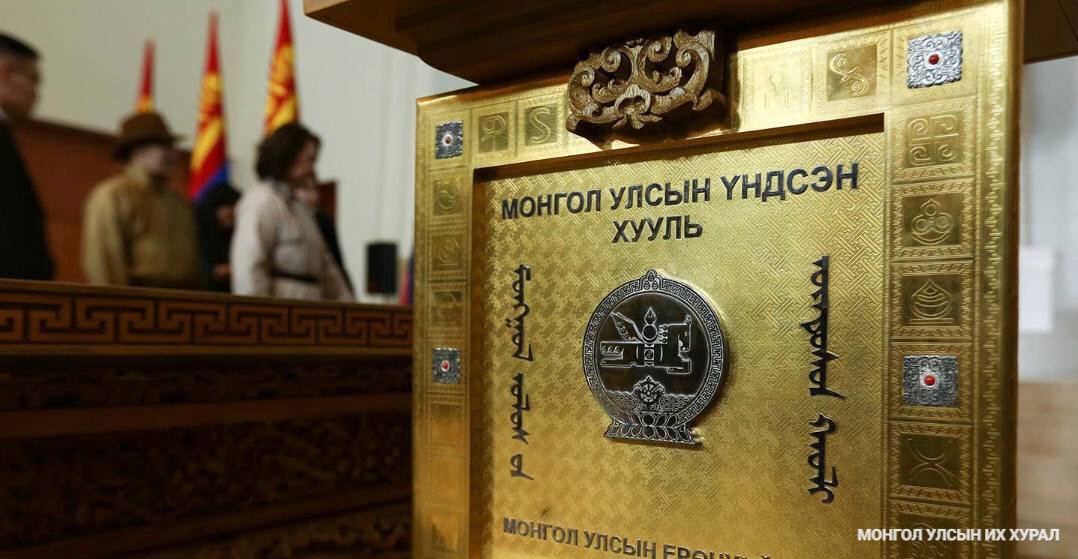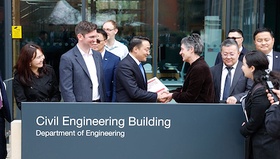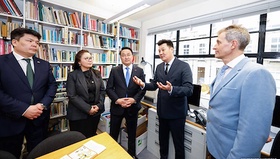The Constitution of Mongolia prioritizes human rights and freedoms in Chapter Two, while government structure is covered in Chapter Three. This order is no coincidence, as it underscores the fundamental value placed on individual rights and freedoms over the state. Human rights and freedoms are inherent and natural rights of all individuals, not gifts granted by the state. For instance, the right to life is an absolute right endowed to every person by birth.
The role of the state is secondary, bearing the duty to respect, protect, and practically uphold human rights for its citizens. The state exists to serve its people, not the other way around. This foundation is reflected in the Constitution, where governmental matters follow the section on human rights and freedoms.
Historically, Mongolians have revered the state, often praying, “May the spirit of our state protect us.” This reverence was reinforced by the socialist system of the 20th century, which emphasized state dominance over individual rights—a legacy that persists today.
The Preamble of Mongolia’s Constitution declares the nation’s commitment to “developing a humane, civil democratic society.” The term “humane” implies respect, compassion, ethical principles, and value-driven attitudes toward individuals. Legal scholar B. Chimid describes this as “one of the fundamental principles of the Constitution.” Mongolia’s Constitution embodies a human-centered philosophy that emphasizes human rights, morality, and compassion, distinguishing it from the state-centered socialist system that required personal sacrifice for the state.
The principle of humaneness extends beyond social relations to legal, economic, and environmental realms. It involves social responsibility, protection, fair distribution of wealth, sustainable development, and equal opportunity.
The 1992 Constitution was the first to enshrine a comprehensive list of civil, political, economic, social, and cultural rights. Mongolia has also joined several international treaties that support human rights, strengthening its commitment to protecting these rights consistently.
Currently, Mongolia has over 880 laws and 2,700 regulations that govern daily life, all of which should align with the Constitution’s people-centered principles. However, the current system shows some misalignments. Ministries and agencies drafting laws often prioritize organizational interests, producing laws that are more favorable to the institution than the public. Legislative language typically emphasizes state authority and often leaves government responsibilities vague, while penalties for citizens and businesses are clearly defined.
The 23rd National Human Rights Report recently evaluated the right to live in a healthy and safe environment. It noted that legal provisions do not adequately support this right. Laws are limited in their preventative measures and fail to fully account for human rights impacts, focusing instead on regulatory compliance.
In criminal procedures, institutional authority often overshadows the rights of suspects and their defense, limiting their ability to defend themselves effectively. For instance, the Constitutional Court recently deemed certain provisions of the Police Service Law unconstitutional, as they allowed detention for up to six hours from the time of transfer to a holding cell rather than from the initial detention. This administrative focus on institutional procedure rather than individual rights is common, revealing a need to balance power in favor of citizen rights across sectors.
This brings to light the urgency for a legal framework that is genuinely people-centered and aligned with human rights. Parliament has a critical role here, as the body responsible for lawmaking. It must ensure that human rights are effectively represented and protected at all stages of legislative development, including law design, approval, and oversight.
Following the 2024 elections, the newly formed 126-member Parliament has made human-centered lawmaking a priority, with Chairman D. Amarbayasgalan emphasizing this at the opening of the special session. This includes:
Reviewing existing laws to identify and correct any provisions that violate human rights.
Implementing a parliamentary review process for proposed laws, assessing their compliance with human rights standards.
To advance this, the Parliament has established over 50 working groups. These groups will review a broad range of issues through a human rights lens, including freedom of the press, the right to peaceful assembly, Constitutional Court protections, environmental pollution, food and drug safety, healthcare services, urban planning, family and child rights, and environmental conservation. This extensive effort is a significant step toward creating a legal system that is truly people-centered.
According to Article 13.2.5 of the Law on Legislation, lawmakers must consider the human rights, economic, social, and environmental impacts of any proposed law. The May 16, 2024 amendment further requires lawmakers to assess the human rights impact of legislative proposals. MPs must include a legal analysis on the alignment of a proposal with human rights principles when presenting it, ensuring that any restrictions on rights are necessary, appropriate, and proportionate.
The Human Rights Subcommittee within Parliament could serve as a vital structure to uphold human rights in legislative proposals, improving law quality and establishing a preventive mechanism against rights violations.
An important question arises on how to shift away from organization-centered lawmaking. Enhancing public participation and creating a specialized legislative body within Parliament dedicated to law development could address this.
Ultimately, good law, its effective execution, and consistent oversight are the pillars of a thriving country. Parliament’s leadership in creating laws that are people-centered and protective of human rights will be crucial for Mongolia’s progress.
T. Altangerel, Advisor to the Chairman of the State Great Hural (Parliament), Doctor of Legal Sciences

 Eng
Eng  Монгол
Монгол



